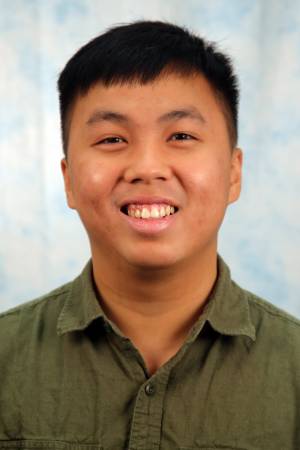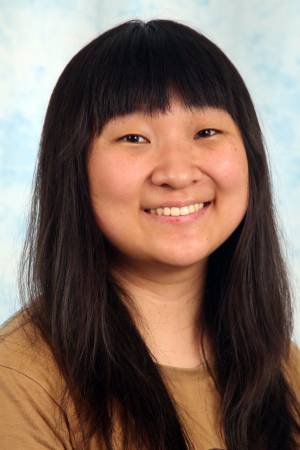Student Talks
Combining Physics-Based Light Transport and Neural Fields for Robust Inverse Rendering
Abstract: Inverse rendering — the process of recovering shape, material, and/or lighting of an object or environment from a set of images — is essential for applications in robotics and elsewhere, from AR/VR to perception on self-driving vehicles. While it is possible to perform inverse rendering from color images alone, it is often far easier [...]
Improving the Transparency of Agent Decision Making to Humans Using Demonstrations
Abstract: For intelligent agents (e.g. robots) to be seamlessly integrated into human society, humans must be able to understand their decision making. For example, the decision making of autonomous cars must be clear to the engineers certifying their safety, passengers riding them, and nearby drivers negotiating the road simultaneously. As an agent's decision making depends [...]
Robotic Climbing for Extreme Terrain Exploration
Abstract: Climbing robots can operate in steep and unstructured environments that are inaccessible to other ground robots, with applications ranging from the inspection of artificial structures on Earth to the exploration of natural terrain features throughout the solar system. Climbing robots for planetary exploration face many challenges to deployment, including mass restrictions, irregular surface features, [...]
Perception amidst interaction: spatial AI with vision and touch for robot manipulation
Abstract: Robots currently lack the cognition to replicate even a fraction of the tasks humans do, a trend summarized by Moravec's Paradox. Humans effortlessly combine their senses for everyday interactions—we can rummage through our pockets in search of our keys, and deftly insert them to unlock our front door. Before robots can demonstrate such dexterity, [...]
[MSR Thesis Talk] SplaTAM: Splat, Track & Map 3D Gaussians for Dense RGB-D SLAM
Abstract: Dense simultaneous localization and mapping (SLAM) is crucial for numerous robotic and augmented reality applications. However, current methods are often hampered by the non-volumetric or implicit way they represent a scene. This talk introduces SplaTAM, an approach that leverages explicit volumetric representations, i.e., 3D Gaussians, to enable high-fidelity reconstruction from a single unposed RGB-D [...]
Human Perception of Robot Failure and Explanation During a Pick-and-Place Task
Abstract: In recent years, researchers have extensively used non-verbal gestures, such as head and arm movements, to express the robot's intentions and capabilities to humans. Inspired by past research, we investigated how different explanation modalities can aid human understanding and perception of how robots communicate failures and provide explanations during block pick-and-place tasks. Through an in-person [...]
Learning Distributional Models for Relative Placement
Abstract: Relative placement tasks are an important category of tasks in which one object needs to be placed in a desired pose relative to another object. Previous work has shown success in learning relative placement tasks from just a small number of demonstrations, when using relational reasoning networks with geometric inductive biases. However, such methods fail [...]
Robust Body Exposure (RoBE): A Graph-based Dynamics Modeling Approach to Manipulating Blankets over People
Abstract: Robotic caregivers could potentially improve the quality of life of many who require physical assistance. However, in order to assist individuals who are lying in bed, robots must be capable of dealing with a significant obstacle: the blanket or sheet that will almost always cover the person's body. We propose a method for targeted [...]
Exploration for Continually Improving Robots
Abstract: General purpose robots should be able to perform arbitrary manipulation tasks, and get better at performing new ones as they obtain more experience. The current paradigm in robot learning involves imitation or simulation. Scaling these approaches to learn from more data for various tasks is bottle-necked by human labor required either in collecting demonstrations [...]
Sparse-view 3D in the Wild
Abstract: Reconstructing 3D scenes and objects from images alone has been a long-standing goal in computer vision. We have seen tremendous progress in recent years, capable of producing near photo-realistic renderings from any viewpoint. However, existing approaches generally rely on a large number of input images (typically 50-100) to compute camera poses and ensure view [...]
Deep 3D Geometric Reasoning for Robot Manipulation
Abstract: To solve general manipulation tasks in real-world environments, robots must be able to perceive and condition their manipulation policies on the 3D world. These agents will need to understand various common-sense spatial/geometric concepts about manipulation tasks: that local geometry can suggest potential manipulation strategies, that policies should be invariant across choice of reference frame, [...]









